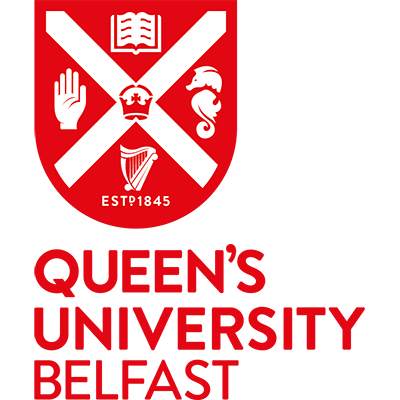World Heritage: Strengthening Management through Collaboration and Research on Four Continents

Sponsored by

World Heritage: Strengthening Management through Collaboration and Research on Four Continents
Researchers from Queen’s University Archaeology and Paleoecology disciplines are working directly with communities across the world, engaging with heritage organisations such as the World Heritage Centre, ICOMOS, IUCN, The National Trust as well as corporate and government ministries. Their work has brought significant scientific depth and technological advance to the understanding and sharing of the world's heritage, and promotion of its future sustainability.
Research is conducted at 10 UNESCO World Heritage sites (WHS) on four continents, with wide-ranging and measurable impact in these and other protected areas.
An example of the research includes the ERC-Funded FRAGSUS (Fragility and Sustainability in restricted island environments) project in Malta and Gozo, which explored insularity, adaptation and resilience to environmental change in the Neolithic, using landscapes, sites and human remains. This ground-breaking work prompted a series of documentaries by Smithsonian Films and other film makers and had a transformative effect on the permanent content of museum exhibitions, site presentation, popular literature, heritage interpretation and conservation in Malta and Gozo.
Read about more examples here.
The research and engagement carried out by Queen’s researchers has brought lasting impact on policy and heritage decision making, as well as cutting-edge technologies and scientific practice to new places and communities, enabling accurate and informed contributions that promote heritage protection in tandem with socio-economic well-being.
The work has directly impacted the inscription, management, and presentation of World Heritage Sites in multiple countries. Working in collaboration with international heritage organisations, it is helping to define best practice and build sustainable and effective implementation of future heritage conservation.
The research has promoted and shaped heritage management best practice and capacity building, advancing public engagement through diverse media; and has helped develop local legislative policy and global protection plans.
We’re committed to making a meaningful impact on the world. A community of innovators, disruptors, and change-makers, we’re working with industry to broaden our translational impact to help tackle the global challenges of our age. Read more about how our research shapes worlds.
Learn more about Queen’s University’s commitment to nurturing a culture of sustainability and achieving the Sustainable Development Goals (SDGs) through research and education. Read more here.